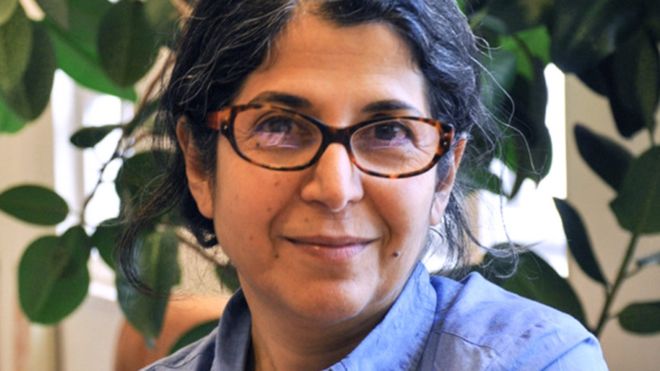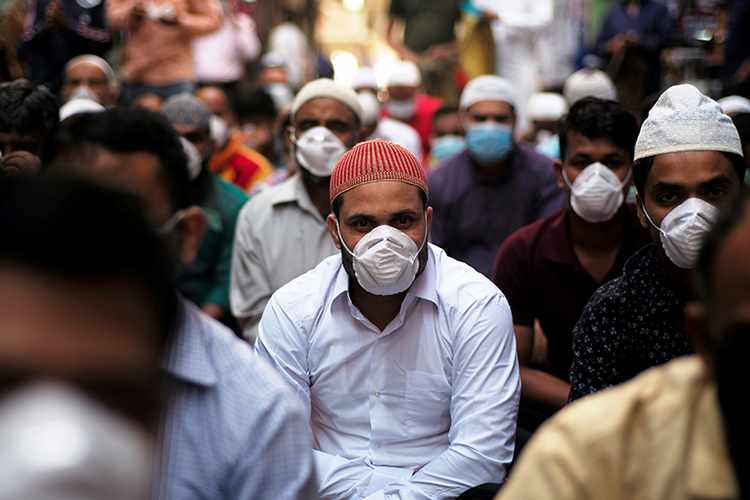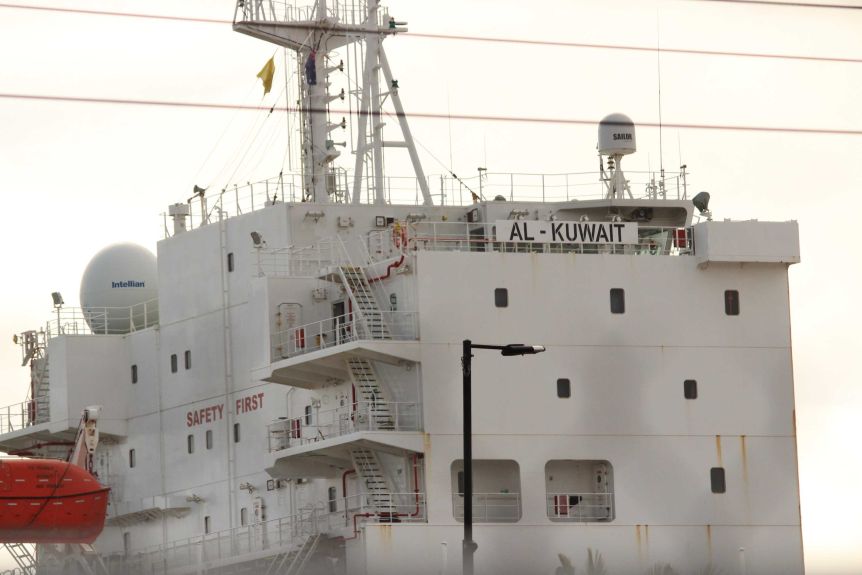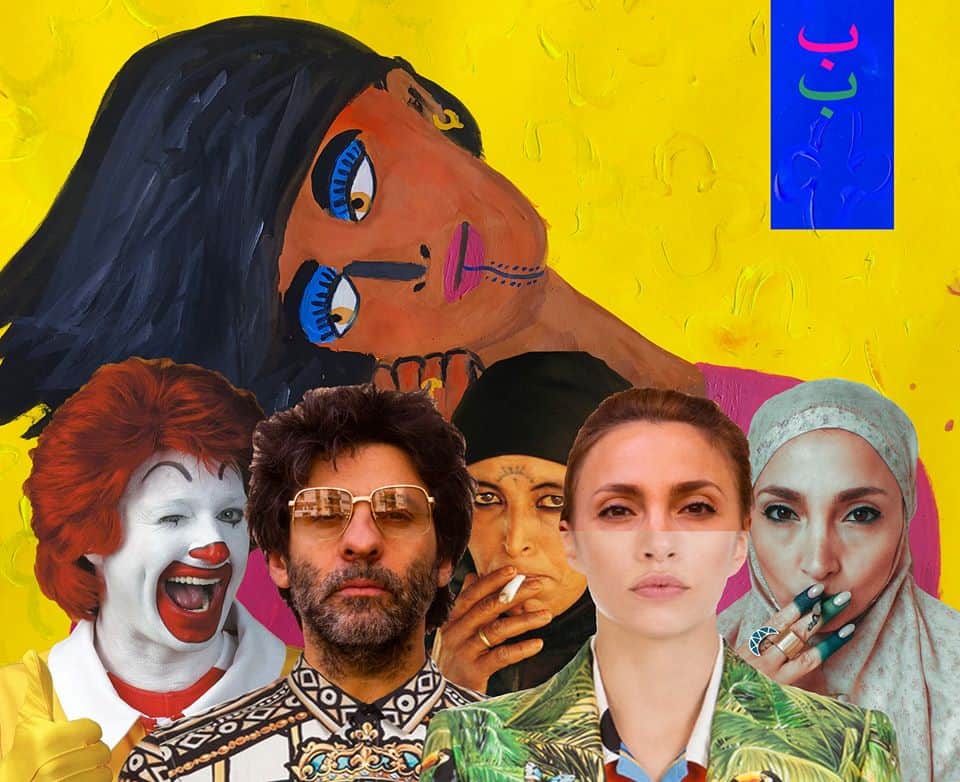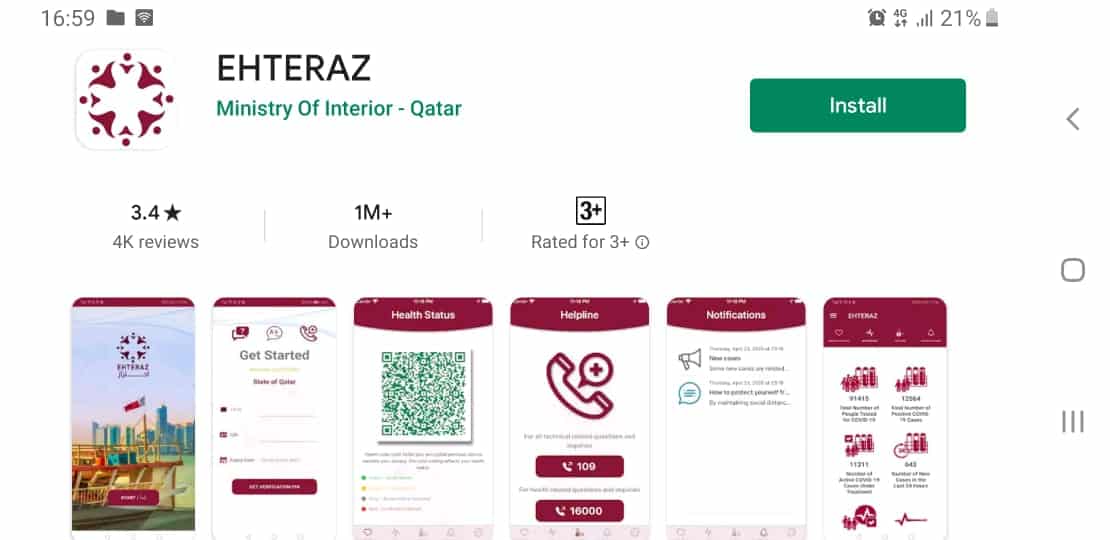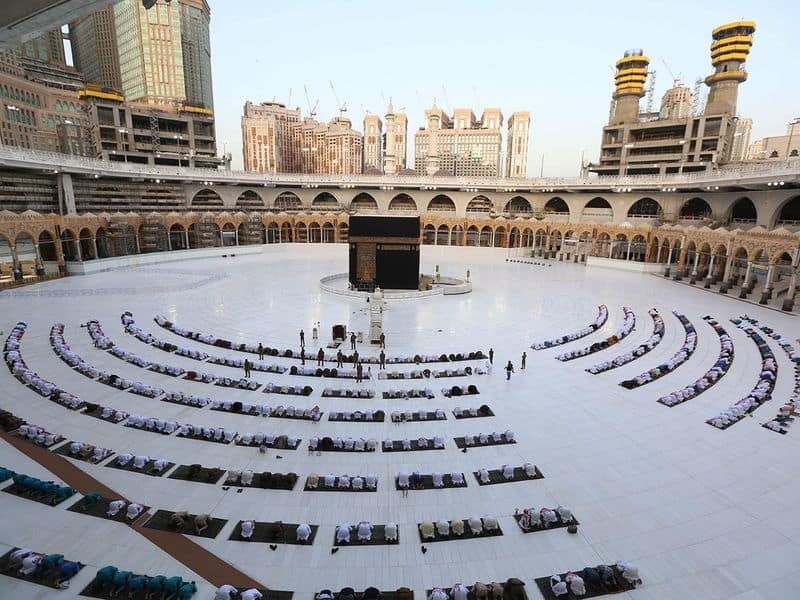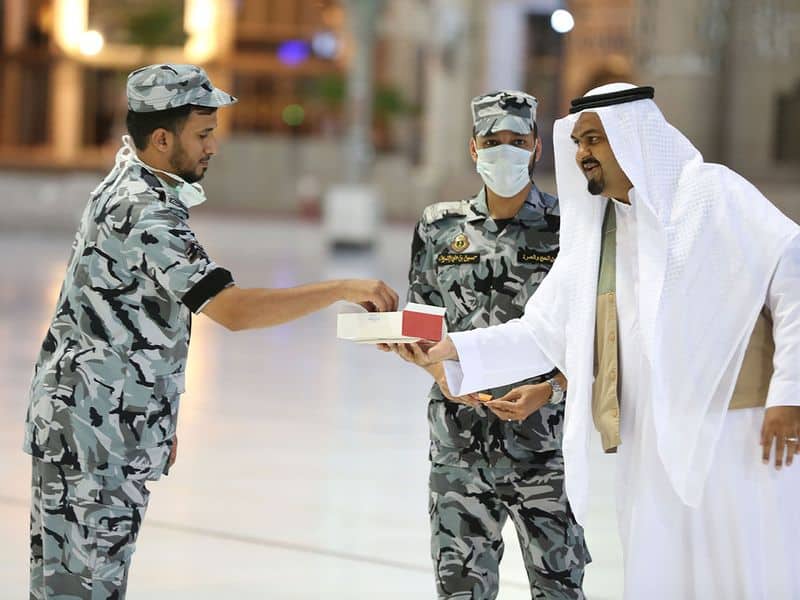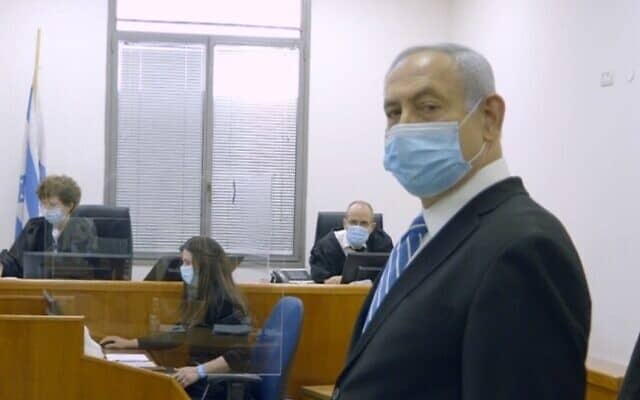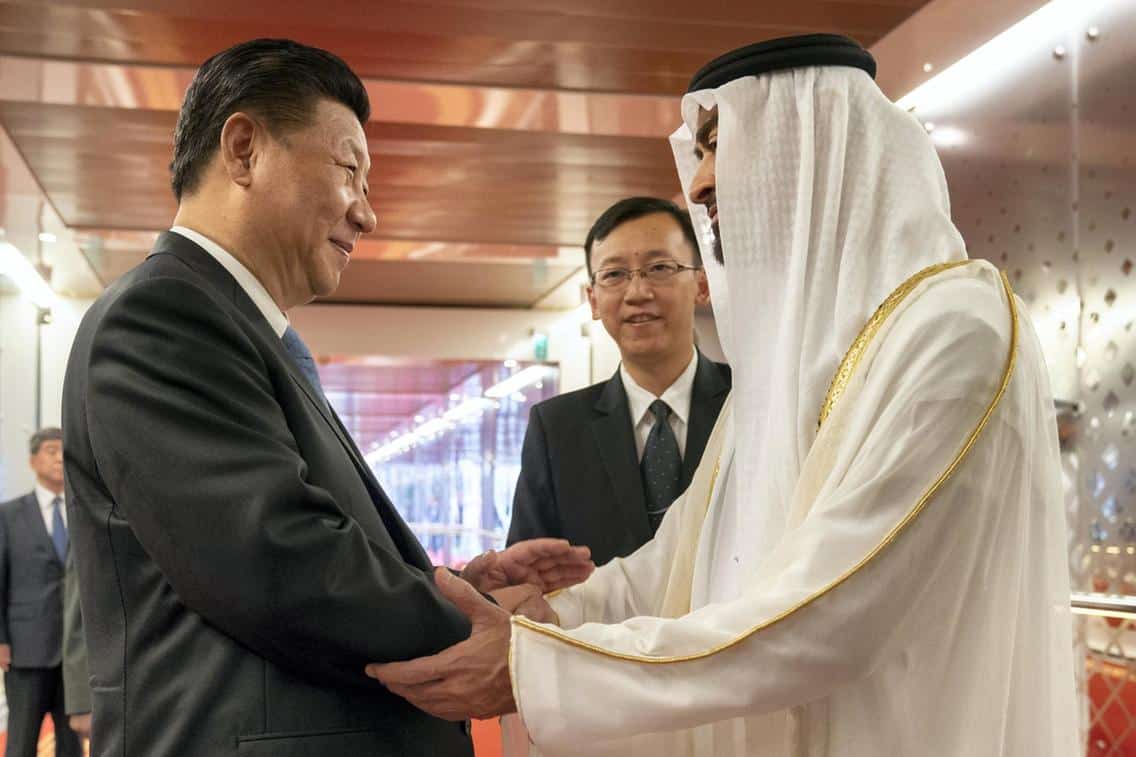Arabia Policy sat down (virtually) with Lynn Adib and Zeid Hamdan to talk about their new musical collaboration, “Bedouin Burger,” life in the time of coronavirus, and breaking taboos.
The exciting new Arab electro-pop duo teams the ethereal voice of classically-trained Syrian jazz artist Adib with the funky sounds of Lebanese musician and producer Hamdan, nicknamed the “Pope of Middle Eastern Underground Music.”
Bedouin Burger is still dreaming of taking occasional online appearances to real live audiences — once coronavirus restrictions are lifted, of course.
“The idea is definitely to perform on a big stage with an audience bouncing to our music, hopefully very soon!”
On May 1, the pair released their first track, “Taht el Wared” or “Beneath the Roses,” a slow burning, bouncy, synth-rich track, and they promise more psychedelic tunes are in the works.
“We want to keep on producing tracks, art, and movies — whatever generates ideas, dreams, and fun, and hopefully some money so we can produce more,” the duo told Arabia Policy on May 25.
Read on to hear about how coronavirus has impacted their music-making, the story behind their edgy artwork, and Lynn’s obsession with death.
This interview has been edited for clarity and length.
Arabia Policy (AP): First up, how are you guys coping with COVID-19? I understand you’ve just come out of a four day lockdown and the prime minister is threatening another one — is it still giving you the time and space to be creative or starting to drag on?
Bedouin Burger (BB): The lockdown has stopped all the work we had as individual artists, and put huge pressures on our families. With our kids at home, it hasn’t been easy to record and progress. But we were so passionate about delivering our music, we found ways to meet and record a few hours here and there, between curfews.
It brings a lot of hope and energy into our lives to feel we have something to develop and grow in this very morbid environment. Thank God we have music!
AP: I also read that you really hit it off when you met and have been inseparable ever since. Has COVID-19 changed that at all – for better or worse?
BB: (Zeid) Whenever you meet a person that shares the same passion for experimenting with new ways to produce art, you kind of surf on a big wave of joy and enthusiasm — exactly the same way as when kids meet for a playdate. Of course, sometimes we are affected by the stress of our environment but as soon as we hear what we are working on, it brings us back to the initial excitement.
AP: As a non-Arabic speaker I really enjoyed “Beneath the Roses,” for the music and the art – but can you explain a little more about the inspiration for this song and the story behind it for other non-Arabic speaking listeners?
BB: (Lynn) I’m obsessed about death, about how fragile we are and that thin line between normal and catastrophic. The song came to my head while visiting my husband’s grave in Poland.
I lost him back in 2017 and that one year anniversary hit me hard. I imagined him lying alone there, beneath roses and rocks, with no one to talk to him and keep him company. I was very much into Barbara’s song “Nantes,” where she sings about leaving her father lying beneath roses (“En dessous des roses,” a name I had in mind initially for this track) and simply went back home and wrote lyrics.
AP: I gather the plan is to release a new song each month, which is super exciting. Can you give us a preview of what we can expect from your next track?
BB: We have planned to release the studio recording of Ya Man Hawa. At the time of the live show on Light FM we were still building it. It sounds better now, and more in sync with what we’ve released previously.
AP: These are really strange times and ‘Bedouin Burger’ is a much-needed dose of color and fun. What was the inspiration behind it, and can you tell me more about the pictures of a veiled woman smoking? They’re aesthetically beautiful but women smoking is taboo in much of the MENA region…
BB: (Lynn) Exactly, the taboo is what we felt we should put our hands on! It’s simply that after these crazy times, life seems so ephemeral that there’s almost no time to let fear stop our mind from creating.
I didn’t mean or actually plan to be veiled or smoking, but I was smoking a cigarette on my balcony, and that day I wanted to take pictures of myself wearing a Bedouin-like costume for this project and it came organically. I thought, why should I be afraid about publishing a photo of me smoking and “veiled or pretending to be?” Isn’t it what I was doing at that moment?
As for visuals, I thank Zeid for pushing me towards making them. I’ve always painted and loved visual creation but never felt I could share my work. The colors came from my need to make life a bit easier and playful in the midst of all this darkness, death, disease, and war.

